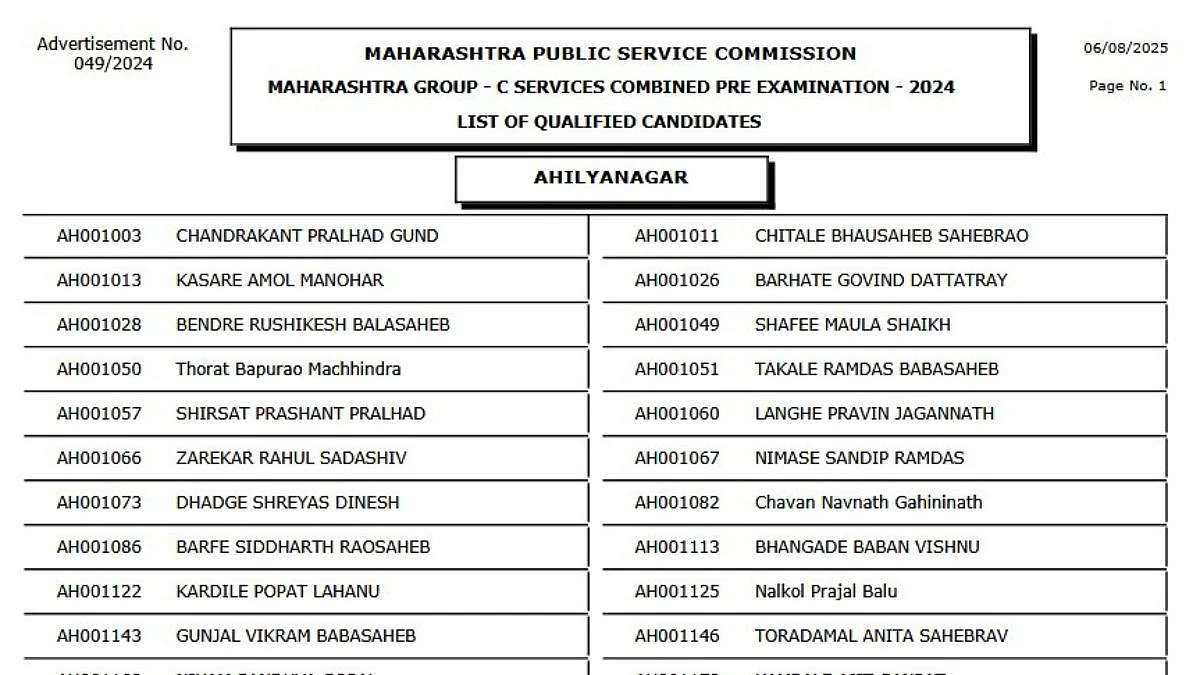Mumbai: A recent Bombay High Court ruling directing that flat owners in residential condominiums governed under the Maharashtra Apartment Ownership Act, 1970, must pay maintenance charges proportionate to the size of their flats, has ignited a wave of mixed reactions from the legal fraternity and housing experts.
The judgment, reported by The Free Press Journal on August 6, clarified that, unlike in co-operative housing societies governed by the Maharashtra Co-operative Societies Act, 1960, where many charges are equally distributed, condominiums formed under the Apartment Ownership Act must follow a model where contributions match the owner’s legally defined undivided share in the common property. This share is typically determined by the flat size.
Advocate Mithil S welcomed the clarity the ruling brings. “When specific shares are determined and documented, especially in registered deeds, it makes things much clearer and fair in the long run—for both stakeholders and adjudicating authorities. The persons owning bigger flats must have known they will have to pay more. In any other setup, a bigger share means higher expenses but also higher returns. The Bombay High Court has fairly thwarted an attempt to circumvent legitimate duties.”
Similarly, senior advocate Vinod Sampat, a known voice on housing matters, argued, “Equity demands that a person should pay more if he is enjoying more benefits. If someone owns a larger flat, there’s nothing wrong with expecting them to contribute more. Bigger flats fetch higher per square foot prices because the buyer has greater capacity to pay.”

Adv Sampat added that this ruling directly applies to apartments governed under the Maharashtra Apartment Ownership Act, not co-operative housing societies, where service charges are to be shared equally unless the society’s bye-laws are amended. “The Bombay HC has already settled this in the Venus Co-operative Housing Society case,” he noted.
However, some advocates took the ruling with a pinch of slat. Advocate Anirudh Yadav expressed concerns about the social implications. “This ruling may unintentionally create a class divide within the same society. Neighbours using the same amenities may feel penalised for simply having larger homes, not for actual usage,” he said.
Senior advocate Anand Patwardhan , ex- president of Consumer Court’s Advocates Association offered a more clear perspective to the issue. While agreeing with certain aspects of the ruling, he warned against blanket application. “The concept of condominium society is of joint ownership of all the flat purchasers therefore the share of each purchaser is definitely on the basis of area or the flat held by him vis a vis, the rest of the building. This kind of charges will obviously be on the basis of area of the flat, whereas it is not the case with a cooperative housing society as it is governed by its bylaws,” he stated.









